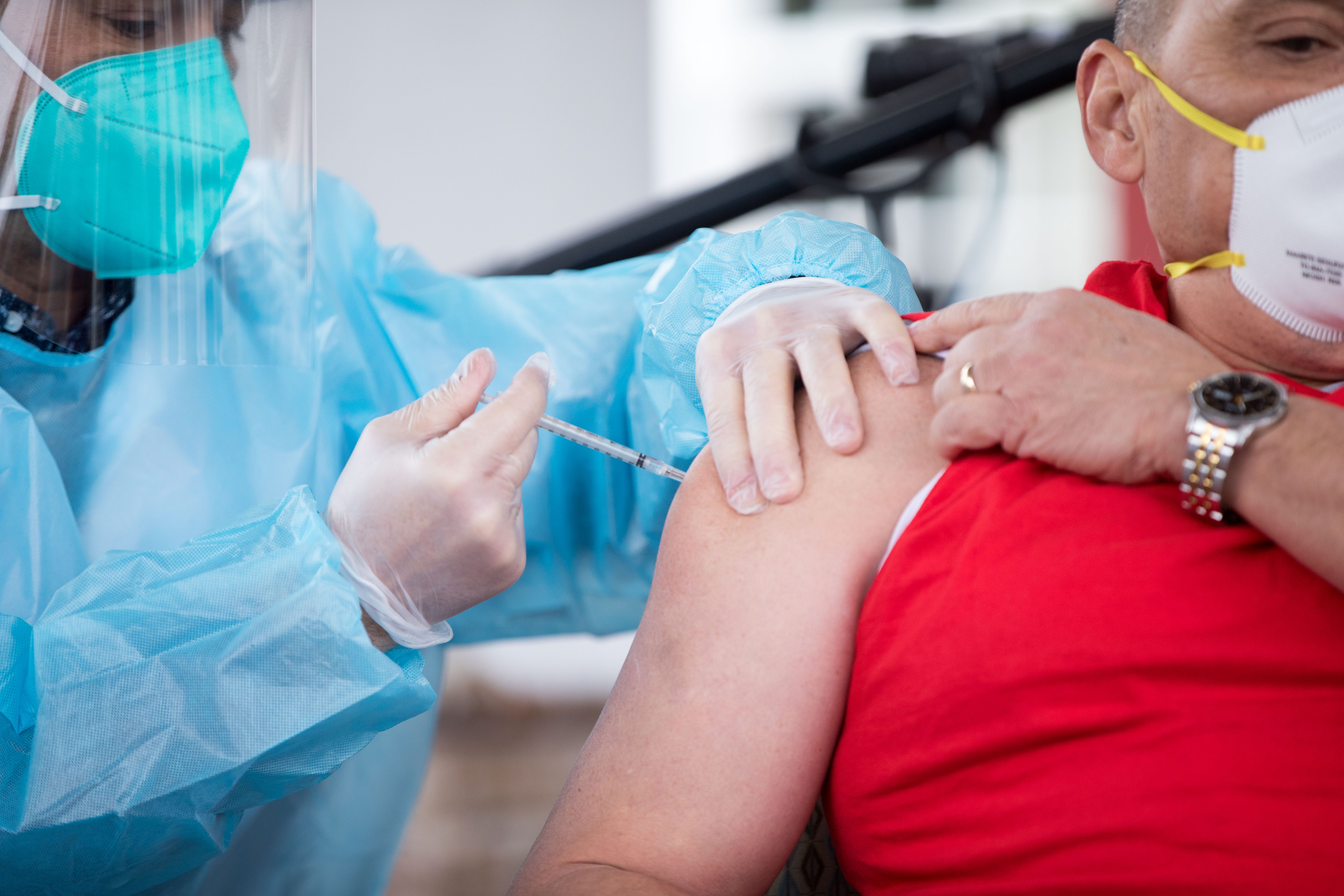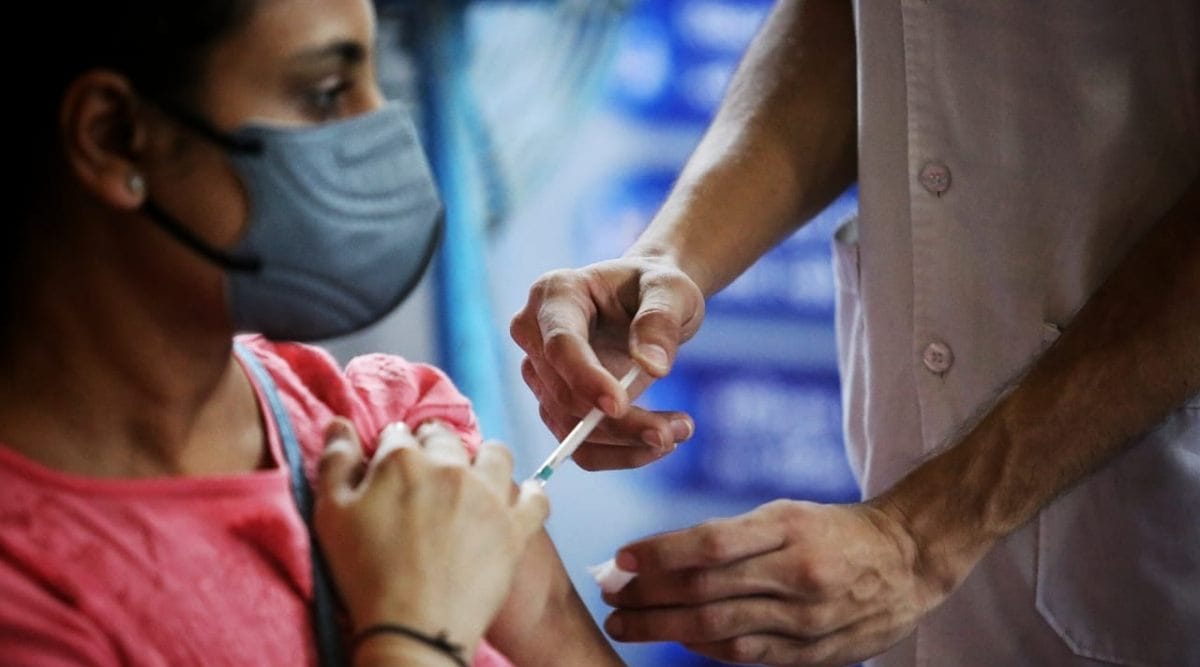

22% of all reported cases in Alberta were in children and youth up to 19 years old.Alberta statistics as of June 13, 2022:.Unvaccinated people are twice as likely to get infected again, compared to people who had been vaccinated after infection.Immunity for people who have had COVID-19 may not last long.The COVID-19 virus emerged in late 2019, and no one had pre-existing immunity.While kids have a lower risk of severe illness, vaccines offer the best protection from getting or spreading COVID-19. The Canadian Pediatric Society recommends eligible children be vaccinated.Fewer infections means less chance of dangerous variants. Each person infected with COVID-19 provides a chance for the virus to mutate and become more resistant to treatments or vaccines.Children can spread the virus even if they don't have symptoms, potentially putting vulnerable friends, family or community members at risk.Most cases in children are mild, but some kids can get very sick, have long-lasting symptoms (Long COVID), or complications such as multisystem inflammatory syndrome in children (MIS-C).COVID-19 vaccines can be given at any time before or after other routine immunizations.Serious side effects from the vaccine are rare Estimates for Omicron are not available at this time. Nearly 88% effective in preventing illness due to Delta.The children's dose is 1/2 the amount of the regular vaccine (50 mcg per dose instead of 100 mcg).Moderna vaccine is available to children 6 to 11.Two doses are 74% effective at preventing hospitalization due to Delta or Omicron.The children's dose is 1/3 the amount of the regular vaccine (10 mcg per dose instead of 30 mcg).Pfizer vaccine is approved for children 5 to 11.Pfizer or Moderna: Call 811 or visit a participating pharmacy.Pfizer: Book online (AHS clinic or pharmacy).

Minors under 18 require verbal or written consent from a parent or guardian to be vaccinated.
Covid vaccine appointment how to#
How to book: Call 811 or book online (pharmacy or AHS clinic).įourth dose (first booster) for immunocompromised 12+.When to book: Recommended to wait 28 days between the first and second dose, and 8 weeks between the second and third dose.Eligibility: Albertans 5 and older with eligible immunocompromising conditions.Three-dose primary series for immunocompromised 5+ Individuals taking certain medications for autoimmune diseases including rituximab, ocrelizumab, ofatumumab and methotrexate.Recipients of active cancer treatment (chemotherapy, immunotherapy or targeted therapies), excluding those receiving only hormonal therapy, radiation therapy or surgery.Individuals with chronic kidney disease receiving regular dialysis.Transplant recipients, including solid organ and hematopoietic stem cell transplants.Recipients of immunosuppressive therapies (for example, anti-B cell therapies, high-dose systemic corticosteroids, alkylating agents, antimetabolites, or tumor-necrosis factor (TNF) inhibitors and other biologic agents).Individuals with advanced untreated HIV infection or acquired immunodeficiency syndrome (AIDS).Individuals with moderate to severe primary immunodeficiency (for example, DiGeorge syndrome, Wiskott-Aldrich syndrome).

Recipients of chimeric antigen receptor (CAR)-T-cell therapy.Individuals with certain immunocompromising conditions should receive a 3-dose primary series, followed by all of the booster doses they are eligible for. This is to provide stronger protection because their immune systems respond differently to vaccines than other people without these conditions.


 0 kommentar(er)
0 kommentar(er)
